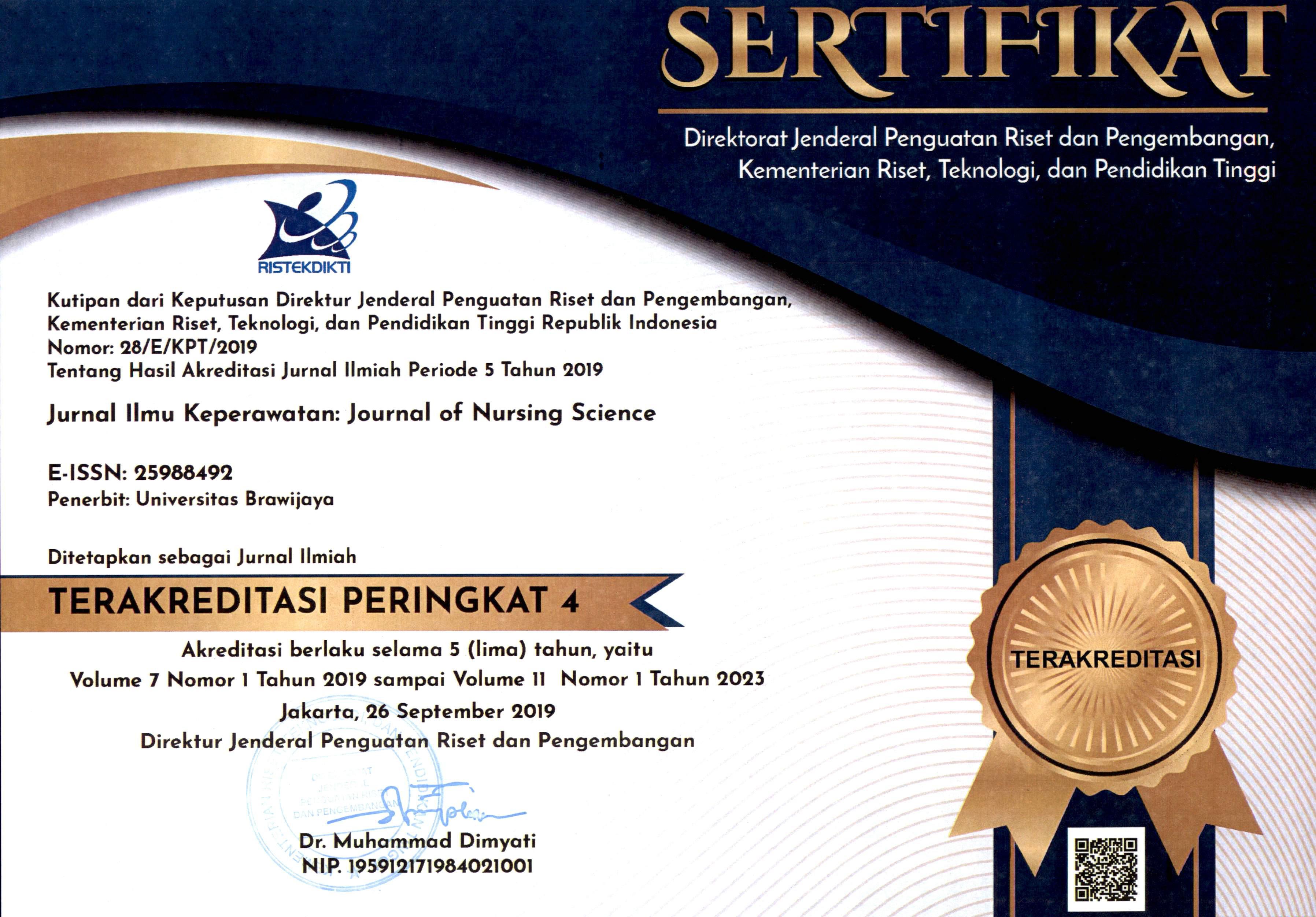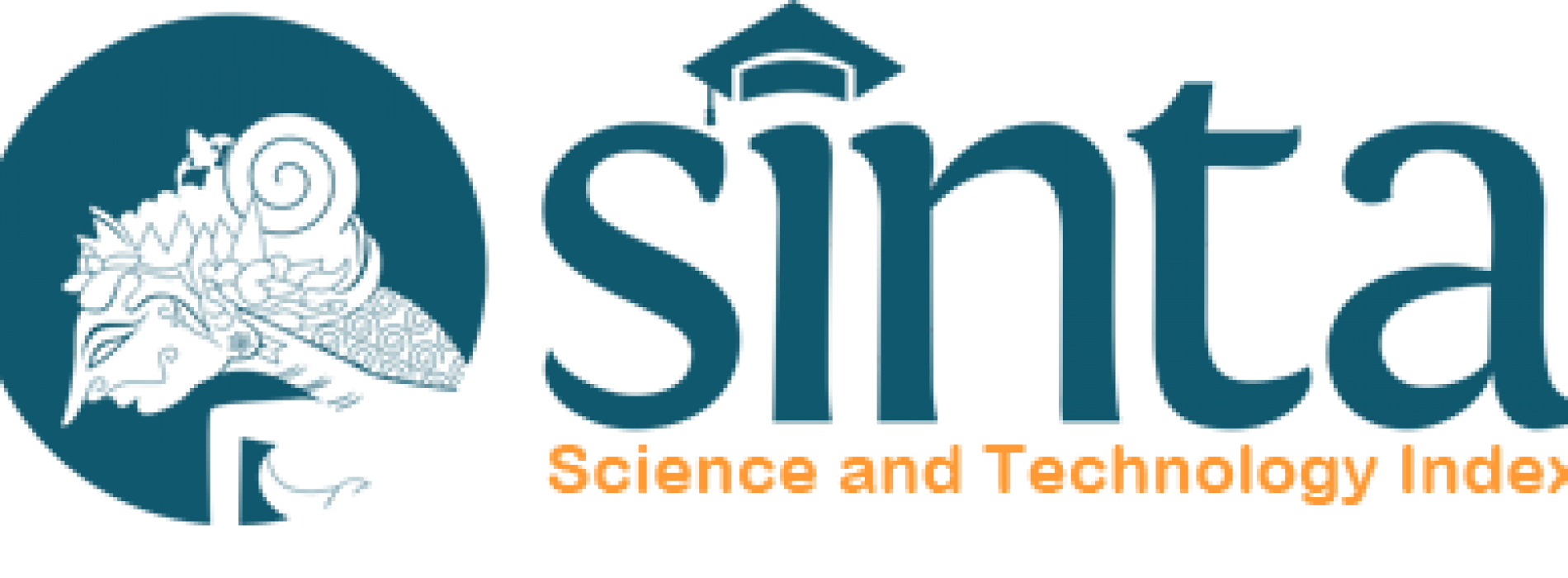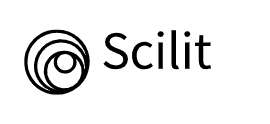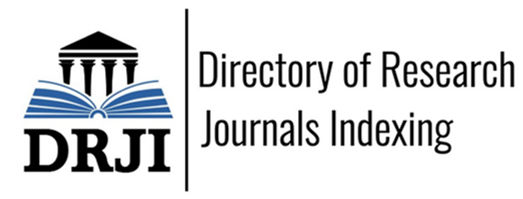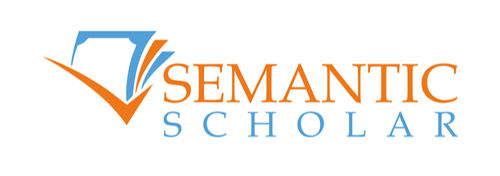The Relationship of Self-Efficacy with Learning Discipline of Teenagers during COVID-19 Pandemic at East Kalimantan, Indonesia
DOI:
https://doi.org/10.21776/ub.jik.2021.009.02.7Keywords:
Self-Efficacy, Learning Discipline, Covid-19 Pandemic, TeenagersAbstract
References
- Atieka, N. (2015). Self Efficacy Remaja Panti Asuhan dan Peningkatannya Melalui Pendekatan Bimbingan Kelompok. Jurnal Ilmu Pendidikan, Psikologi, Bimbingan Dan Konseling, 5(2), 59–68.
- Elvira, R., & Mudjiran. (2019). Hubungan self-efficacy dengan kedisiplinan belajar siswa smk. Jurnal Neo Konseling, 1(2), 1–7. https://doi.org/10.24036/00108kons2019
- Emeralda, G. N., & Kristiana, I. F. (2017). Hubungan Antara Dukungan Sosial Orang Tua Sekolah Menengah Pertama. Empati, 7(Nomor 3), 154–159.
- https://www.neliti.com/id/publications/178064/hubungan-antara-dukungan-sosial-orang-tua-dengan-motivasi-belajar-pada-siswa-sek
- Hayat, A. A., Shateri, K., Amini, M., & Shokrpour, N. (2020). Relationships Between Academic Self-Efficacy, Learning-Related Emotions, and Metacognitive Learning Strategies with Academic Performance in Medical Students: A Structural Equation Model. BMC Medical Education, 20(1), 1–11. https://doi.org/10.1186/s12909-020-01995-9
- Hidayat, D. R., Rohaya, A., Nadine, F., & Ramadhan, H. (2020). Kemandirian Belajar Peserta Didik Dalam Pembelajaran Daring Pada Masa Pandemi Covid -19. Perspektif Ilmu Pendidikan, 34(2), 147–154. https://doi.org/10.21009/pip.342.9
- Kemendikbud RI. (2020). Mendikbud Terbitkan SE tentang Pelaksanaan Pendidikan dalam Masa Darurat Covid-19. Kemendikbud RI. https://www.kemdikbud.go.id/main/blog/2020/03/mendikbud-terbitkan-se-tentang-pelaksanaan-pendidikan-dalam-masa-darurat-covid19
- Novrianto, R., Marettih, A. K. E., & Wahyudi, H. (2019). Validitas Konstruk Instrumen General Self Efficacy Scale Versi Indonesia. Jurnal Psikologi, 15(1), 1. https://doi.org/10.24014/jp.v15i1.6943
- Reski, N., Taufik, & Ifdil. (2017). Konsep diri dan kedisiplinan belajar siswa. Jurnal Educatio: Jurnal Pendidikan Indonesia, 3(2), 85–91. https://jurnal.iicet.org/index.php/j-edu/article/viewFile/184/210
- Rustika, I. M. (2012). Efikasi Diri: Tinjauan Teori Albert Bandura. Buletin Psikologi, 20(1–2), 18–25. https://doi.org/10.22146/bpsi.11945
- Saputro, K. Z. (2018). Memahami Ciri dan Tugas Perkembangan Masa Remaja. Aplikasia: Jurnal Aplikasi Ilmu-Ilmu Agama, 17(1), 25. https://doi.org/10.14421/aplikasia.v17i1.1362
- Tsang, S. K. M., Hui, E. K. P., & Law, B. C. M. (2012). Self-efficacy as a positive youth development construct: A conceptual review. The Scientific World Journal, 2012, 7. https://doi.org/10.1100/2012/452327
- Unicef, WHO, & IFRC. (2020). Key Messages and Actions for COVID-19 Prevention and Control in Schools. In Unicef.
- WHO. (2020). Co V I D ‑ 19 Strategy Up Date. WHO. WWW.who.int/emergencies/en
- Wijaya, A. A. A. R., & Widiasavitri, P. N. (2019). Hubungan Dukungan Sosial Teman Sebaya Terhadap Motivasi Berprestasi pada Remaja Awal di Kota Denpasar. Jurnal Psikologi Udayana, 6(02), 261. https://doi.org/10.24843/jpu.2019.v06.i02.p05
Downloads
Published
How to Cite
License
Authors published in this journal agree to the following terms:
1. The copyright of the received article shall be assigned to the journal as the publisher of the journal. The intended copyright includes the right to publish the article in various forms (including reprints). The journal maintains the publishing rights to the published articles.
2. Authors may enter into separate additional contractual agreements for the non-exclusive distribution of the published journal version of the work (for example, posting it to an institutional repository or publishing it in a book), with acknowledgment of their initial publication in this journal.
3. Authors are permitted and encouraged to post their work online (e.g. in an Institutional Repository or on their website) before and during the submission process, as this can result in a productive exchange, as well as earlier and larger citations of the published work.
4. Articles and all related material published are distributed under Creative Commons Attribution-NonCommercial 4.0 International License or CC BY-NC 4.0 license.
JNSU is licensed under a Creative Commons Attribution-NonCommercial 4.0 International License or CC BY-NC 4.0 license.
Most read articles by the same author(s)
- Alfrina Hany, QUALITY OF LIFE AND MENTAL EMOTIONAL HEALTH OF ELDERLY PEOPLE , Journal of Nursing Science Update (JNSU): Vol. 6 No. 1 (2018)
- Nurona Azizah, AN UPDATE REVIEW: THE USE OF WET CUPPING THERAPY AGAINST VERTIGO , Journal of Nursing Science Update (JNSU): Vol. 6 No. 2 (2018)
- Alfrina Hany, Linda Wieke Noviyanti, Endang Susilowati, ASSOCIATION BETWEEN HEMODIALYSIS ADEQUACY AND QUALITY OF LIFE IN CHRONIC RENAL PATIENTS UNDERGOING HEMODIALYSIS , Journal of Nursing Science Update (JNSU): Vol. 7 No. 1 (2019)
- Alfrina Hany, Klara Yunita Inuq Thomas, Ahmad Hasyim Wibisono, The Influence of AIMOHit to Medication Adherence of Hypertension Patients in Malang , Journal of Nursing Science Update (JNSU): Vol. 9 No. 1 (2021)
- Yati Sri Hayati, Venty Aprilia Putri, Mifetika Lukitasari, THE EFFECTIVENESS OF LUNG TUBERCULOSIS EDUCATIONAL VIDEO TO INCREASE KNOWLEDGE AND ATTITUDES OF MASKS USE IN FAMILIES LIVING WITH TUBERCULOSIS PATIENTS , Journal of Nursing Science Update (JNSU): Vol. 8 No. 2 (2020)
- Dewi Purnama Sari, Alfrina Hany, Magdalena Ayu Christanti, Aura Tasya Amalia, Correlation between Perception with The Needs of Structured Education for Psoriasis Patients during The Pandemic of COVID-19 , Journal of Nursing Science Update (JNSU): Vol. 10 No. 1 (2022): May




